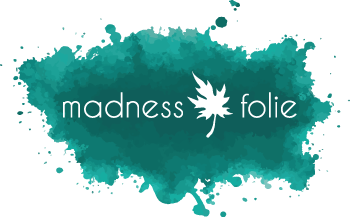Ya’Ya Heit and Indigenous Mental Health Unit
Ya’Ya Heit and Indigenous Mental Health Unit Takeaways Recognize colonialism as a distal determinant of mental health and wellbeing and the relevance of the Indian Act to mental health and wellbeing of Indigenous peoples Understand the impact of historical and legal forces on current material circumstances and mental health and wellbeing of Indigenous peoples Appreciate …


 Français
Français